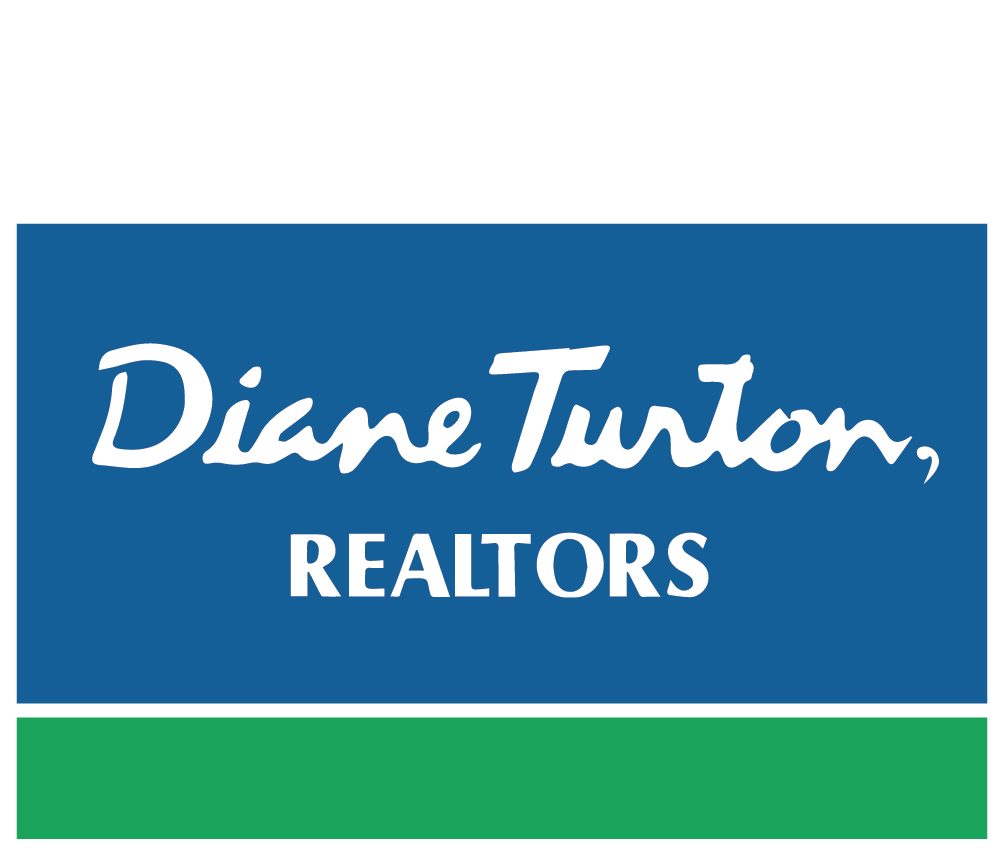From Staging to Closing: Advanced Strategies for a Successful Home Sale
Selecting the Right Agent and Attracting Serious Buyers: Advanced Strategies and Marketing Techniques for Home Sellers
The strategy required to market and sell your home begins long before it first appears online!
Select the right agent(s):
You want an agent who is a seller's agent - their focus should be on representing sellers, not buyers, for the most part - and they should be a full time agent. Some agents are part time, and treat real estate as a hobby - their "real job," and primary source of income, lies in another field. For obvious reasons, this is not to your benefit. In many markets, there are thousands of agents who are licensed, but a large percentage of them do not close ANY transactions in a particular year. Also, keep in mind that the "right agent" might be a team - you would still want to know who is in charge, and is your primary point of contact, however, a team of two or more agents could offer better service, and a better result. In additional to interviewing an agent, you can research them online - Google Reviews, Zillow, Linkedin, and more may help give you a more complete picture of that agent(s) that you are considering.
A few questions to consider asking an agent that you are interviewing:
1) Are you a full time agent? If yes, how many years have you been active in the business?
2) Do you work primarily as a seller's agent?
3) Are you part of a team?
Preparation is key:
While pricing and marketing are both important, there are many things that one can do to make a sale easier, and profitable, in the outcome. Some items to consider:
1) Walk through your house and property with your agent - ask for their feedback on its condition - is there anything that they notice that might discourage a buyer's interest? Examples include deferred maintenance or needed repairs, excess clutter, crowded rooms, and more. Be sure to take notes.
2) Staging - while you are not required to hire a professional stager, even informal staging can help improve a home's appeal, the time that it spends on the market, and the ultimate sale price. Your agent should be able to give you guidance on this - for example, moving or removing furniture is often beneficial, resulting in a better flow in the house, and also better marketing photography. Decluttering of horizontal surfaces - eg- kitchen counters, bathrooms, and more. Keep in mind that you want to emphasize the permanent features of your home - not your personal items, furniture, and art, that the buyer typically is not purchasing.
3) Moving - though your home is not yet on the market, staging and decluttering can help you ease into the process of when you ultimately move out of your home. Depending on what they are, the items that are moved or removed in staging can be packed, donated, or thrown away, resulting in less to move, and a reduced moving cost when the time comes. In short, start the moving and packing process!
4) Though a home inspection is more common after you have entered into an agreement with a buyer, you can have a "pre-sale" home inspection. Your agent can recommend one or more home inspectors, and you can find out what issues your home may have, in advance of a sale. This can make the sale process smoother, with less negotiation over inspection concerns - because hopefully, you have already addressed them!
Pricing:
Your agent should be able to provide a complete comparative market analysis - this should include recent sales in your neighborhood, active listings, and pending/under contract listings, as well as other supporting data - this may include your tax records, and well as valuation data from other sources, public and private. In summary, they will likely provide a price or value, or a range of price/value, and an explanation of how they arrived at that conclusion. Ultimately, selecting the asking price is up to you, relying on your agent's input and experience for guidance.
Marketing
While your agent will likely use traditional and/or more advanced marketing techniques to attract buyers to your home, they should also have a database of existing buyers - they may already "know" your buyer. This is another one of the advantages of a full time experienced agent - they have a sphere or network of contacts, as well as leads who perhaps expressed interest in prior listings, who might now be interested in your home. They will also likely know other agents who have buyers who have missed out on past listings, and your agent will contact these agents as well, both via direct methods, and indirect methods, such as a broker's open house. Many agents might have a limited marketing portfolio - the MLS, a yard sign, open houses, and the local real estate magazine - this is not enough in the current shifting market. Proper marketing will reach a far broader audience, via methods including targeted online advertising, retargeting of visitors to your online listing, social media such as Facebook, Linkedin, and Instagram (and Instagram reels). At times, there are also media opportunities, neighborhood/targeted mailings, and print magazines that may be relevant. Depending on the property, there may also be specific websites or publications that should be targeted - boating, golfing, and other hobbies may be relevant. Your agent's job is to generate "buzz," online and off about your home - once you decide to sell, we want the world to know about!
Qualified Buyers:
Once your agent attracts buyers to your home, regardless of the method, it is important to make sure that they are qualified. A pre-approval letter (mortgage) or proof of funds (cash) should always accompany any offer. At times, it is also possible to research a buyer via Linkedin, Google, or social media. Your agent will also likely qualify buyers as part of the showing process - they may meet them in person if accompany showings, or discuss them with the buyer's agent. When it comes time to negotiate with someone regarding the sale of what is likely your most significant asset, you don't want to go down the road with the wrong buyer.
Offers, Inspections, and Closing:
Once you start to receive offers, your agent will present them, and help you review the pros and cons of each one. While price is important, be sure to look at all terms - deposit, cash vs. financing, closing date, inspection contingencies, house sale contingency (if any), and any additional terms, just to name a few. As mentioned above, your agent should also help you evaluate qualifications such as pre-approval letters and proof of funds. If in your area, attorneys are commonly used in real estate transactions, your agent will likely be able to offer some recommendations. Once you are under contract, any contingencies must be satisfied - most commonly, inspection and financing. Your agent will guide you through the inspection process, further negotiations, and all the way to closing, including details such as a certificate of occupancy inspection, fire inspection, and more.




